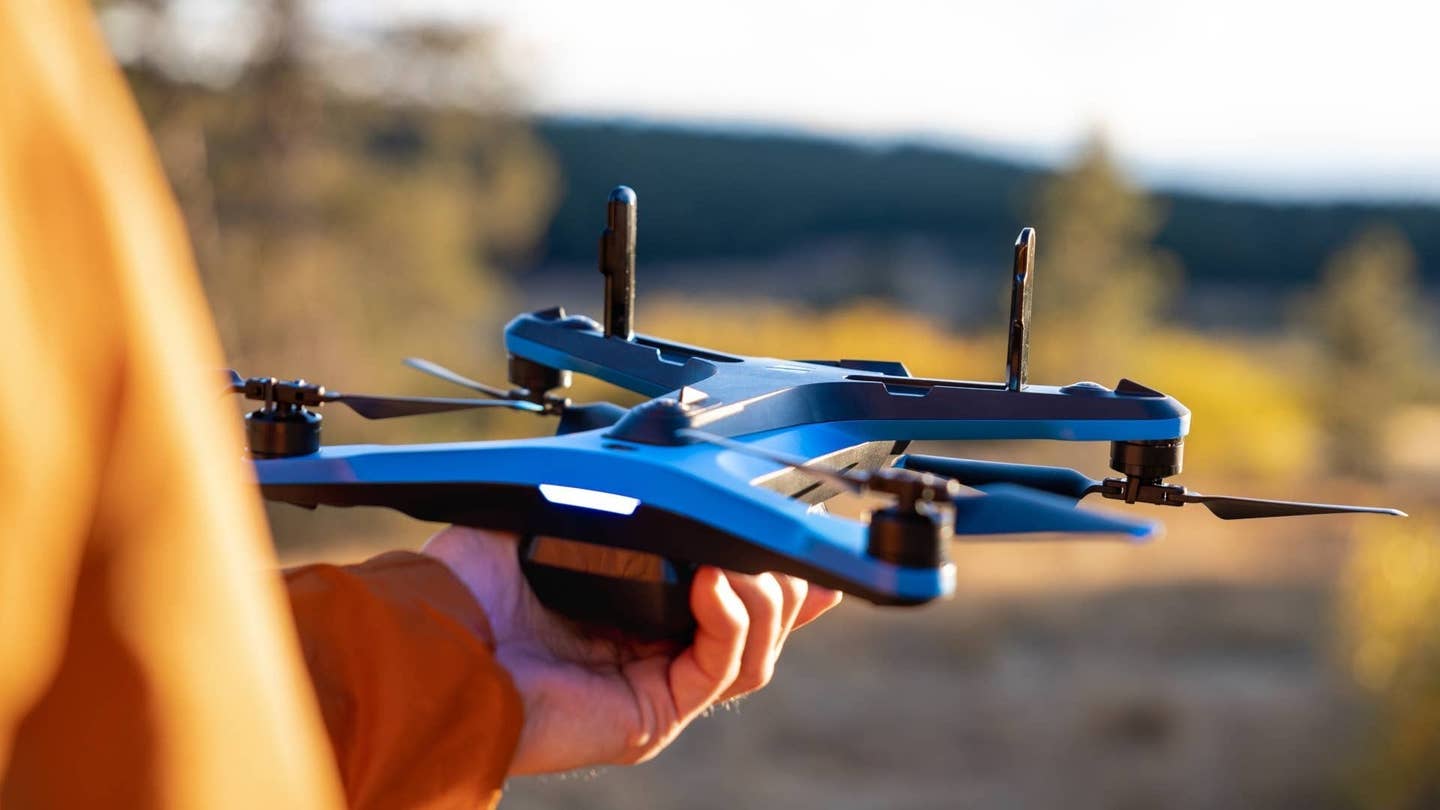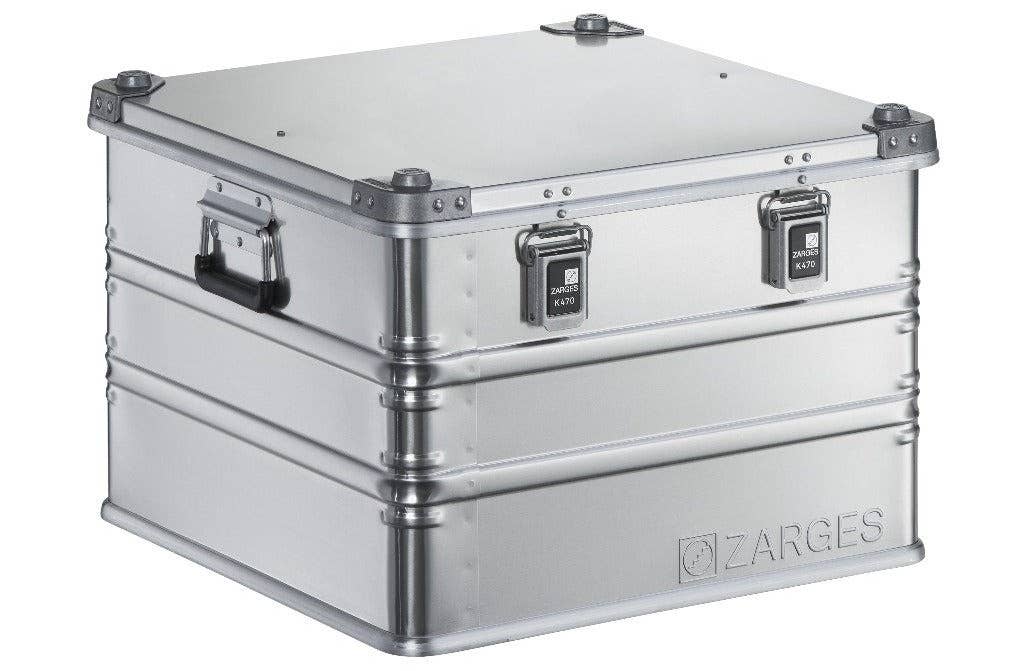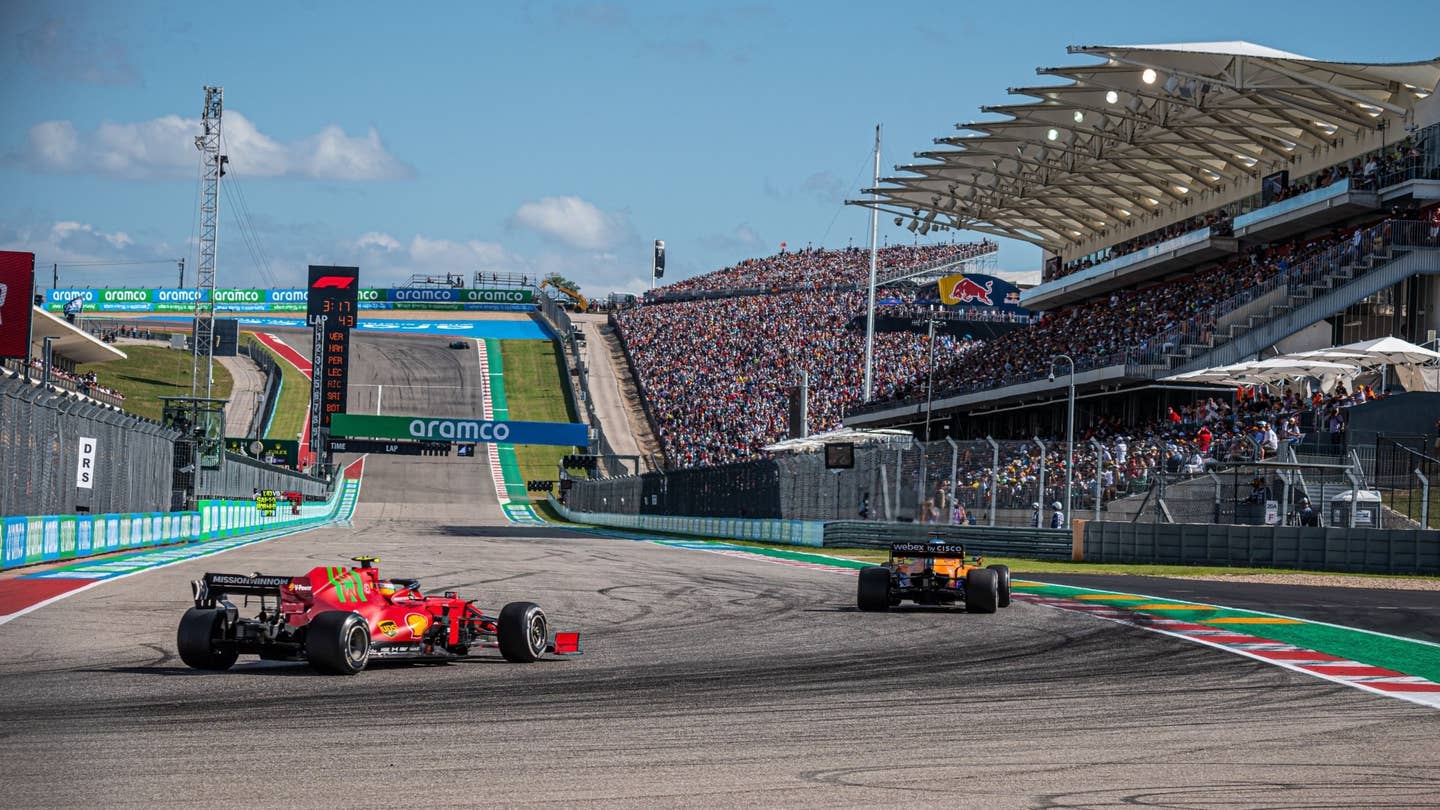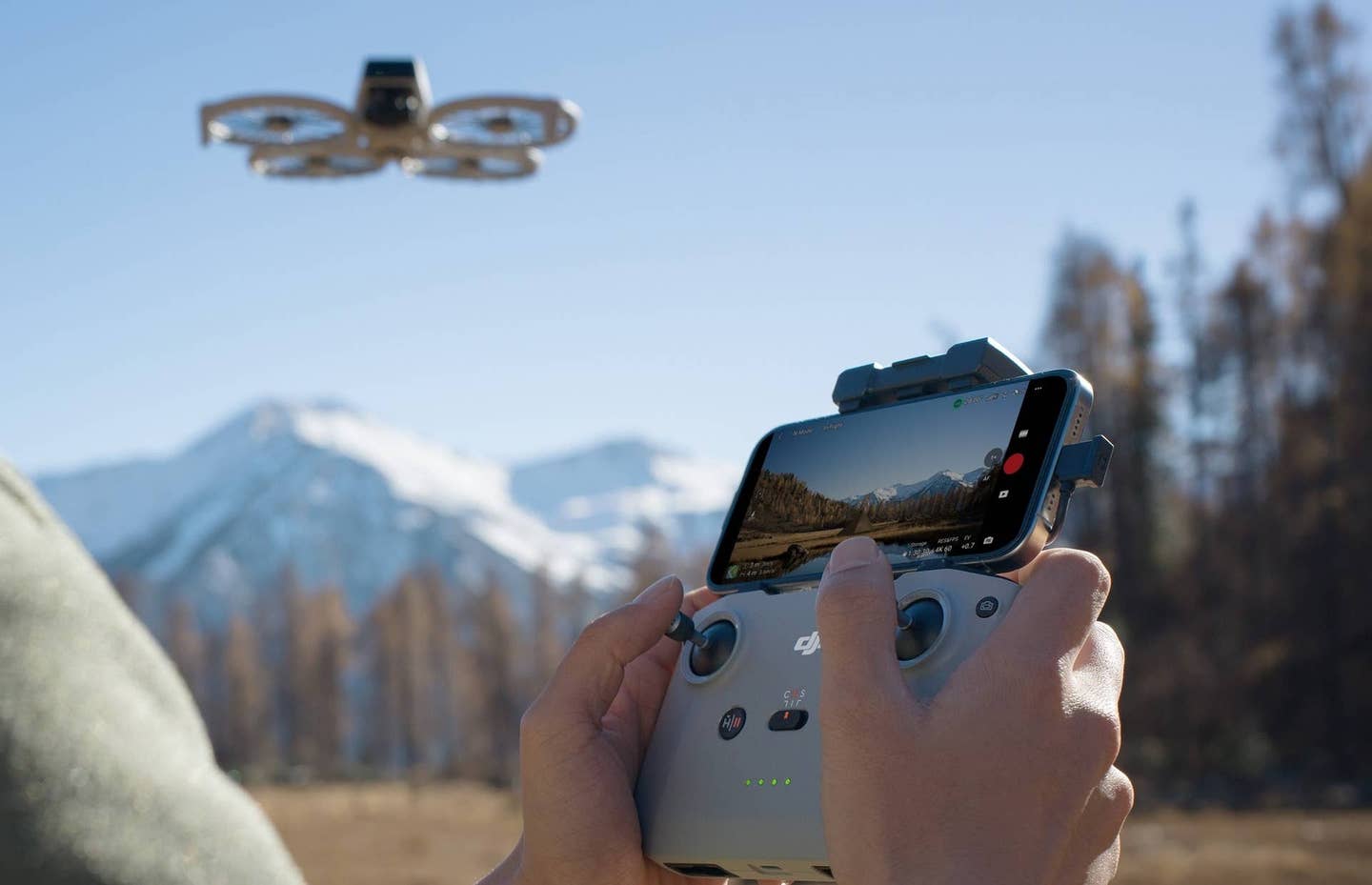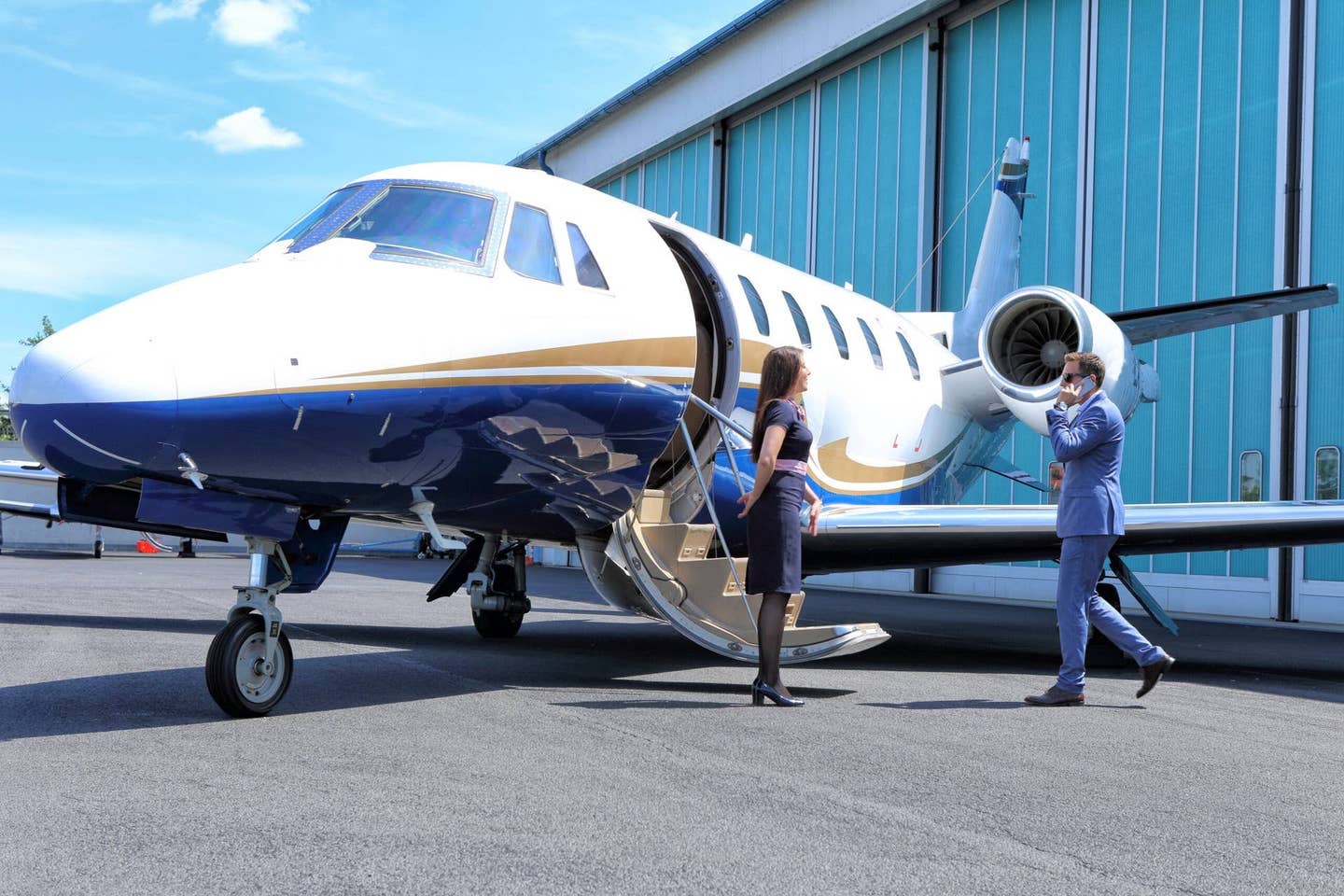
Flying private charter is at times a better choice than flying commercial. [Adobe Stock]
I enjoy the occasional ride in business class, but in practice, it doesn't happen often.
Business class ticket costs have a way of being all over the map, and especially for popular last-minute flights, the odds of getting a seat in the first place is slim.
While I must admit that the words “I’ll just take a private jet instead” have never left my mouth, there are plenty of circumstances that warrant them. If you often find yourself on flights between difficult city pairings, traveling with large groups, or in need of highly flexible travel arrangements, you may well have a strong business case for chartering a private jet.
Understanding Commercial Flight Costs
As with any travel option, flying commercially has its pros and cons.
Flying with the airlines often provides fairly direct connections between points A and B, along with basic services that make trips comfortable enough to seem worthwhile.
In certain cases, costs may be fairly straightforward. If a company is sending a single Dallas-based employee to a conference in Chicago, the base fare for a direct, round trip economy ticket may be less than $200. Not a bad deal.
There are, of course, other fees such as baggage charges, fuel surcharges set at the discretion of the airlines, and taxes. Taxes and fees can often add 15 percent or more to the total cost.
This may still suit a single traveler on a direct route between two major hub cities. But what if the trip begins not in Dallas, but in Abilene, Texas, and rather than terminating in Chicago, it ends in South Bend, Indiana?
The trip just went from a two and a half hour flight time to a seven or more hour ordeal. All the while, the base economy fare just ballooned from $200 to $800 before any upgrades, add-ons, fees, or taxes.
No detail is overlooked, guaranteeing an exceptional and seamless experience. Our Private Aviation Advisors collaborate with the industry's most experienced and talented crews to ensure you find the perfect private jet charter flight. Book On-Demand Private Jet Charters and Fly With Flexibility!
Request a QuoteFirst and Business Class Pricing
Perhaps the traveler needs the peace, quiet and space first or business class fares offer. This might afford them the rest and productivity they need for whatever the trip holds in store, but the base fare also doubles or triples or more as a result.
For the round trip Abilene to South Bend example, a weekday business class fare scheduled a few days in advance can run around $1,500 per person. If a seven-person executive team is traveling together, this now costs more than $12,000 at face value if booked within a week of travel.
Keep in mind as well that business class fares often offer fewer flight options. Thus, even nonstop business class fares do not necessarily make good solutions for those who require flexibility.
Hidden Costs of Flying Commercial
Other costs might be of interest as well.
An in-flight internet connection, for instance, could add another $20 per person for a round trip. Premium food and beverage selections can add up. Additional luggage considerations to bring presentation materials or demonstration equipment might add hundreds more to a ticket.
Even if travelers opt against business class, if they need more space than a basic economy ticket allotted, they might still upgrade to a premium seat that could add another $100 or more to each ticket. Groups of travelers who want or need to sit together will often need to pay fees to reserve specific groups of seats as well.
Demystifying Private Jet Charter Costs
Costs associated with jet charters are generally driven by a handful of factors, but under the right circumstances, may be lower than flying commercially.
These include the trip’s distance and billable flight time, number of seats required, and other add-on services, such as ground transportation or catering.
Hourly Rates and Factors Affecting Cost
Private jet charters are usually charged by the hour, and costs are primarily driven by aircraft size and total trip distances.
Hourly rates for private jets can range from somewhere around $1,500-$2,000 for small light jets to more than $15,000 for large jets, such as the Gulfstream G650.
The exact base rates will often be most heavily influenced by factors like fuel prices and crew requirements.
Additional Fees of Private Jets
Beyond base hourly rates, expect additional costs driven by fuel surcharges, ground handling and landing fees, crew requirements, in-flight catering, ground transportation, and any overnight expenses.
While not all of these are unique to flying private, their sum still plays a large role in your trip's final cost.
Bear in mind that some companies—for instance, Magellan Jets—offer solutions with no separately charged items or services.
Cost-Sharing Options of Private Jets
Even when it is an effective option, private flight still comes with high costs.
That is why it is crucial to select the most effective aircraft for the mission.
Be careful to match the plane's seating and performance capabilities closely to the trip's requirements. Consider consolidating as many travelers as feasible onto a single flight or sharing the flight and splitting costs with other companies or individuals with similar travel plans.
Additionally, ask charter companies about other options like "empty-leg" flights. These discounted one-way trips help those companies monetize necessary repositioning flights that would otherwise carry no passengers. These may require somewhat more flexibility on your part but often come with substantial cost savings.
For those who fly regularly, fractional jet ownership through a company like NetJets may be a cost-effective alternative to chartering.
Fractional ownership essentially offers guaranteed access to an aircraft. This access is usually based on a set number of prepurchased flight hours. Ownership is generally sold in terms of shares of an aircraft's total annual flight hours. So, for example, an eighth share of an aircraft that will fly 800 hours in a year gives the fractional owner access to 100 flight hours during that year.
Fractional ownership is often a more cost-effective and reliable solution for frequent fliers than chartering, while it also eliminates many of the complexities of full ownership.
Fractional owners can expect simple fixed costs. These often include some form of a capital cost, monthly management fee, occupied hourly rate, and fuel adjustments. Owners may also have the option to resell unused portions of their share when their contract ends.
Cost Comparison: Private Jet vs. Commercial
The potential for cost savings with private aviation against first or business class most often comes with group travel and time savings.
The group of round trip business class travelers mentioned earlier might spend $12,000 and seven hours each way traveling between Abilene, Texas, and South Bend, Indiana. The same group on a private jet rental might spend only three hours each way for less than $10,000 round trip.
The best way to get a clear grasp on total costs and to build a solution for your needs is to contact a reputable charter operator or broker such as Magellan Jets or Trilogy Aviation Group.
Factors to Consider Beyond Cost
Cost considerations aside, private aviation primarily offers flexibility.
Travelers are free to arrange their plans around personal schedules while also accessing thousands of additional airports worldwide. Business travelers, or those simply looking for a more comfortable experience, will appreciate unparalleled privacy, and freedom from the distractions inherent to commercial flights.
Security is enhanced as well with fewer safety variables to consider than when transiting major public airports.
Perhaps the most significant complications with traveling by way of private jet rental are environmental considerations.
It should come as no surprise that travelers are responsible for much higher carbon emissions per passenger when compared to commercial flight. Many feel it is important to weigh the benefits against the environmental footprint. Heightened awareness and passion around global climate change has led to increased scrutiny of the roles private aviation— and those who utilize it.
In addition to any personal reservations travelers may have, they may also need to contend with how private air travel might impact public perceptions of themselves or their companies. Some choose to consider participating in various carbon offset programs to help minimize the impact of their travel requirements.
Find a Charter Partner to Meet Your Budget
Choosing private jet travel over first and business class must make sense for your specific situation and travel needs. But when it does make sense, private aviation offers unparalleled flexibility, comfort, and privacy.
Consider connecting with reputable fractional ownership company or charter carriers like Magellan Jets, Trilogy Aviation, or Villier Jets. Experienced companies like these can tailor their services to fit your budget and preferences.
Take the next step by reaching out for personalized consultations and discover how private jet travel can elevate your flying experience.
Now that you know how a charter jet compares with commercial flying, learn about the hidden costs of charter flying.
FAQ
Is it cheaper to fly first class or private?
Commercial first-class is generally less expensive for individual travelers, but private jets can be more cost-effective for group travel or when traveling between cities and airports without direct flights.
Is it worth it to charter a private jet?
Chartering a private jet can be worthwhile when flexibility, privacy, and personalization is needed. Private jet charters are particularly cost-effective for groups large enough to fill a plane or for travelers with unique scheduling needs.
Is it cheaper to fly in a private jet?
Private jet charters are generally more expensive than commercial flights but can be very cost-effective for groups or when considering the value of time saved and the convenience offered.

Sign-up for newsletters & special offers!
Get the latest FLYING stories & special offers delivered directly to your inbox


